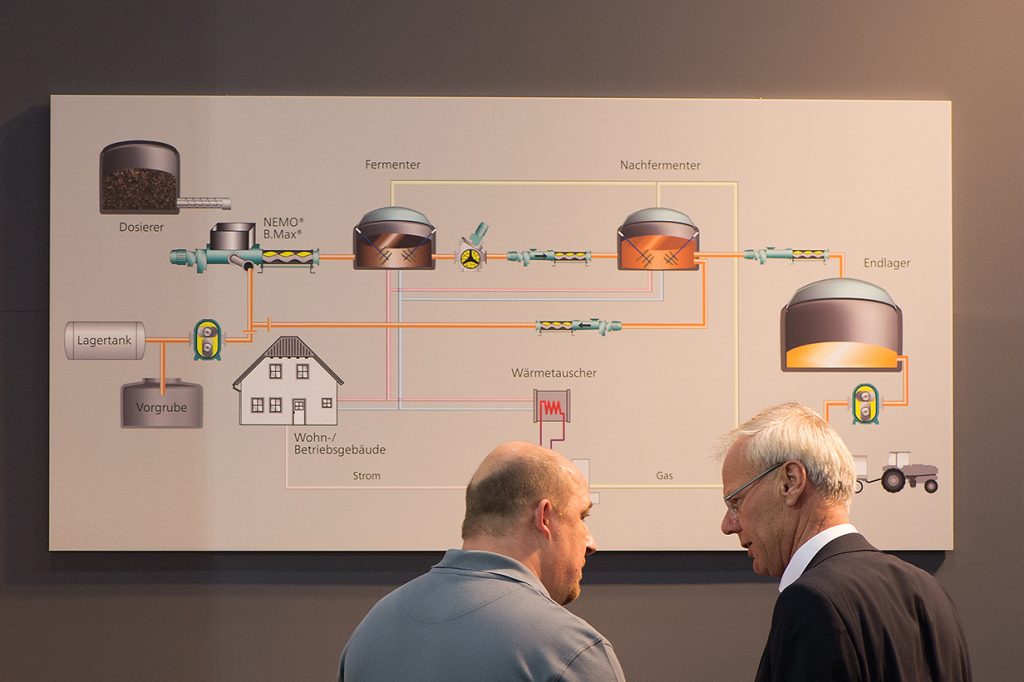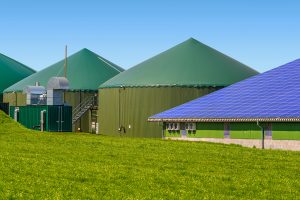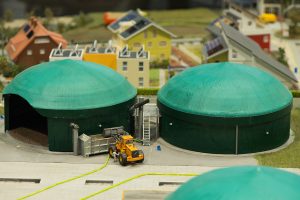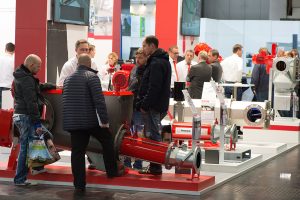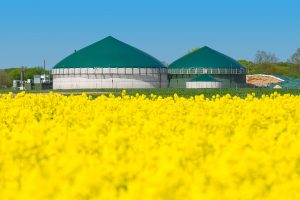EnergyDecentral South America 2017
EnergyThe Exhibition
The international trade fair for innovative energy supply EnergyDecentral South America takes place for the first time together with the exhibition Intersolar South America in São Paulo at Expo Center Norte. EnergyDecentral South America will offer a unique platform for new trends in biogas production and use as well as vast networking opportunities for exhibitors interested in entering the South American market.
German Agricultural Society (DLG International GmbH) is the organizer of EnergyDecentral South America.
https://www.energy-decentral.com/south-america
The Market
One of the key objectives of the Brazilian government is to boost environmentally friendly and renewable energy until 2024. According to the development plan, the generated energy capacity shall increase from todays 133,000 megawatts to 206,000 megawatts. Currently, the most important sources of electricity in Brazil are hydropower (65.2%), natural gas (13%), biomass (7,4%), biogas (0.1% ) and oil derivative products (6.8%). Due to the high dependency of hydroelectric power plants and the increasing water shortage, other resources like wind, sun and biomass are becoming increasingly important.
Biogas has a huge potential in Brazil. It is estimated that about 100 Million m³ methane could be produced every day from waste water as well as municipal, agricultural and animal waste. By comparison, in 2013 the total consumption of natural gas in Brazil amounted to 108 Million m³ per day. Despite the huge potential of generating the energy from crop residues (e.g. rice husks or by-products of the sugar cane industry) and animal waste (e.g. pig manure, cattle slurry and chicken dung) up to 50% are considered as mere waste, and hence as an environmental problem, for which, supposedly, a lack of knowledge and limited access to appropriate technologies are the reasons.
In 2016, the Brazilian biomass sector was almost fully based on sugar cane production (about 8% of the installed electricity-generation capacity). By contrast, utilization of landfill gas, with only 0.6% of the total biomass energy, still plays a minor role. Presently, there are only 127 biogas plants in Brazil, which are operating predominantly with animal and municipal waste.
The rapidly growing Brazilian market offers a wide range of investment possibilities for international energy efficiency and renewable energy companies. Therefore, equipment and components (for bioreactors and filtration systems) as well as efficiency-enhancing technologies and know-how in project planning and management have great market potential.
PROJECT MANAGER(S)
EXHIBITION TOPICS
- Biogas
- Biofuels
- Renewable energy
- Decentralized energy technology
- Ventilation, waste air and exhaust gas purification
- Supply and disposal systems
- Energy distribution
- Transport and storage



